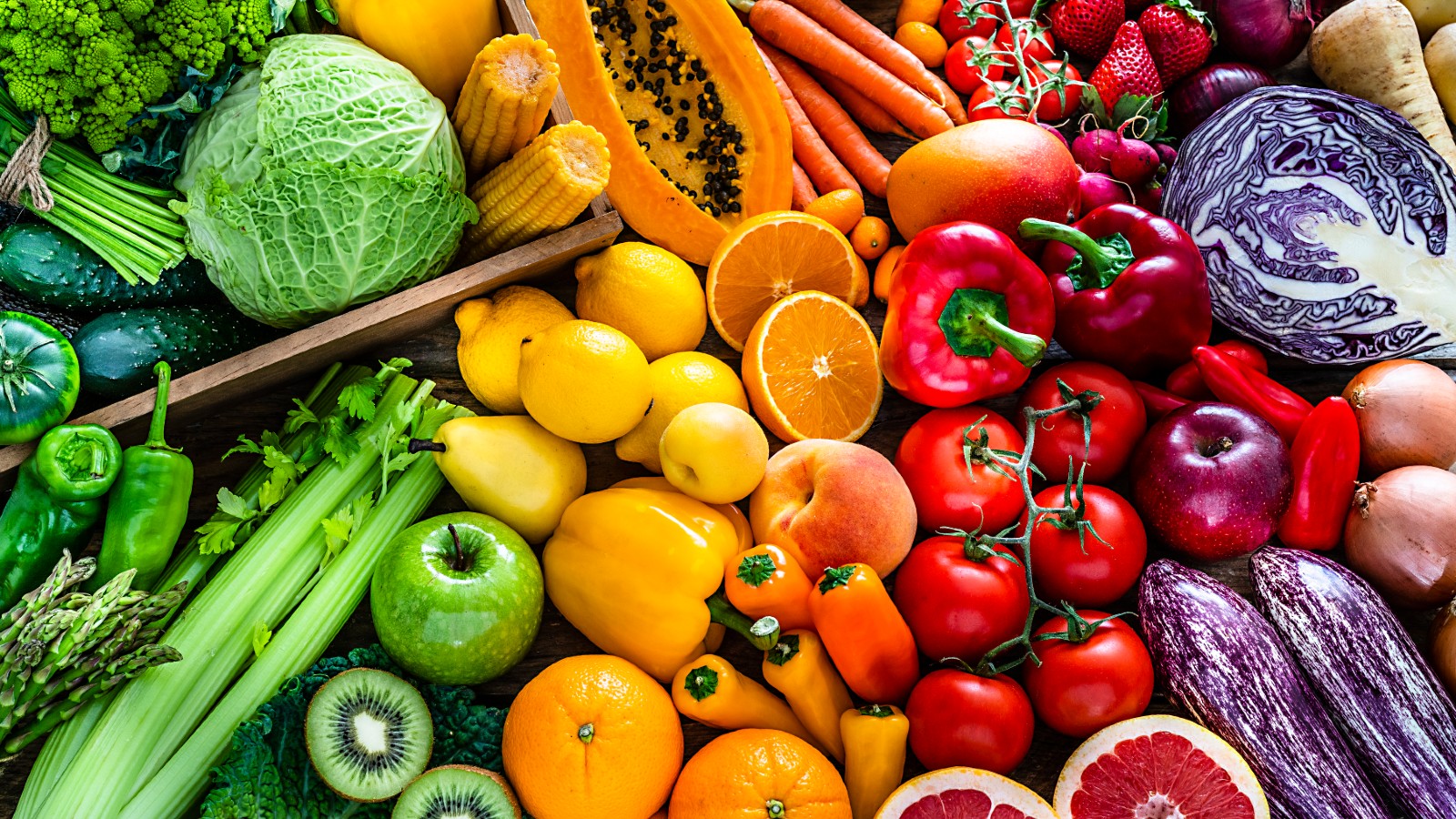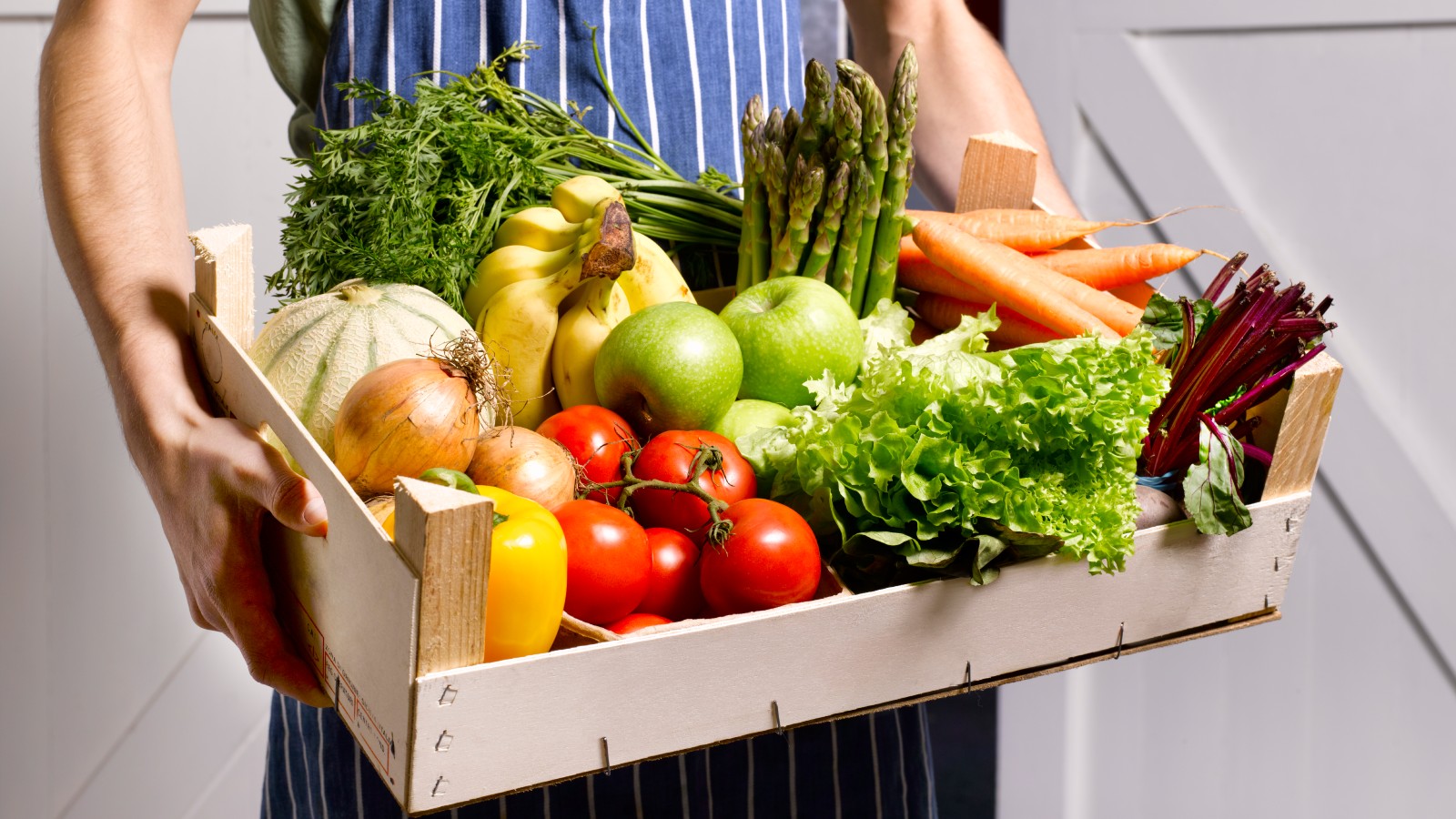Research shows major flaws in five-a-day nutritional guidelines
Eating five servings of fruits and vegetables a day for optimal health has long been recommended by doctors, but the advice is now under fire from nutritional experts


We’ve heard it a million times before - we need to eat five servings of fruits and vegetables a day to stay healthy.
This dietary consensus has been drummed into us for years, and yet, many of us still struggle to meet this magic number.
Despite the strong evidence that regular rainbow meals can slice the risk for disease, the vast majority of US and UK adults fail to consume the recommended dosage of fruits and vegetables a day. The reasons behind these subpar eating habits are wide-ranging, but some nutritional experts argue the five-a-day message could be to blame.
"While groups like the American Heart Association recommend four to five servings each of fruits and vegetables daily, consumers likely get inconsistent messages about what defines optimal daily intake of fruits and vegetables such as the recommended amount, and which foods to include and avoid," says Dong D. Wang, M.D., Sc.D., an epidemiologist and nutritionist at Harvard Medical School.
More from woman&home:
• Best yoga mats for beginners, better balance, meditation, and high-impact moves • Best blenders to help you mix up your favorite combinations
• Best induction pans for enthusiastic cooks

With fruit juice and baked beans now advertised as ‘one of your five a day’, it’s easy to see how the public might be confused. Processed foods carrying a warning for their high sugar and salt contents have nudged themselves into the same category as whole fruits and vegetables, despite offering far less nutritional value.
Wang’s research, which was published in the American Heart Association’s flagship journal, Circulation, found that the current five-a-day guidelines are insufficient for optimal health. As well as failing to acknowledge the nutritional inferiority of highly processed ‘options’, such as concentrated orange juice or spaghetti hoops, the advice does not promote any specific fruits or vegetables. This is a major error, according to Wang, as not all crops are created equal.
Sign up to our free daily email for the latest royal and entertainment news, interesting opinion, expert advice on styling and beauty trends, and no-nonsense guides to the health and wellness questions you want answered.
“Starchy vegetables, such as peas and corn, fruit juices and potatoes were not associated with reduced risk of death from all causes or specific chronic diseases,” the results found.
On the other hand, leafy vegetables, like spinach, kale, and lettuce, were noted for their disease-busting properties. Oranges, berries, and carrots, which are packed with vitamin C, are also worth filling up on if you want to increase your lifespan.
And if you really want to live to 100, it’s best to prioritize greens over fruit. Wang’s research found that a combination of three vegetables and two fruits a day promised the greatest longevity.
So while you might be tempted to cheat your way to five servings by noon with a punnet of grapes, you’ll reap far more benefits by exploring all the beautiful vegetables our planet has to offer.
Trust us, your health (and tastebuds) will thank you for it.

Hailing from the lovely city of Dublin, Emma mainly covers the Royal Family and the entertainment world, as well as the occasional health and wellness feature. Always up for a good conversation, she has a passion for interviewing everyone from A-list celebrities to the local GP - or just about anyone who will chat to her, really.
Emma holds an MA in International Journalism from City, University of London, and a BA in English Literature from Trinity College Dublin.